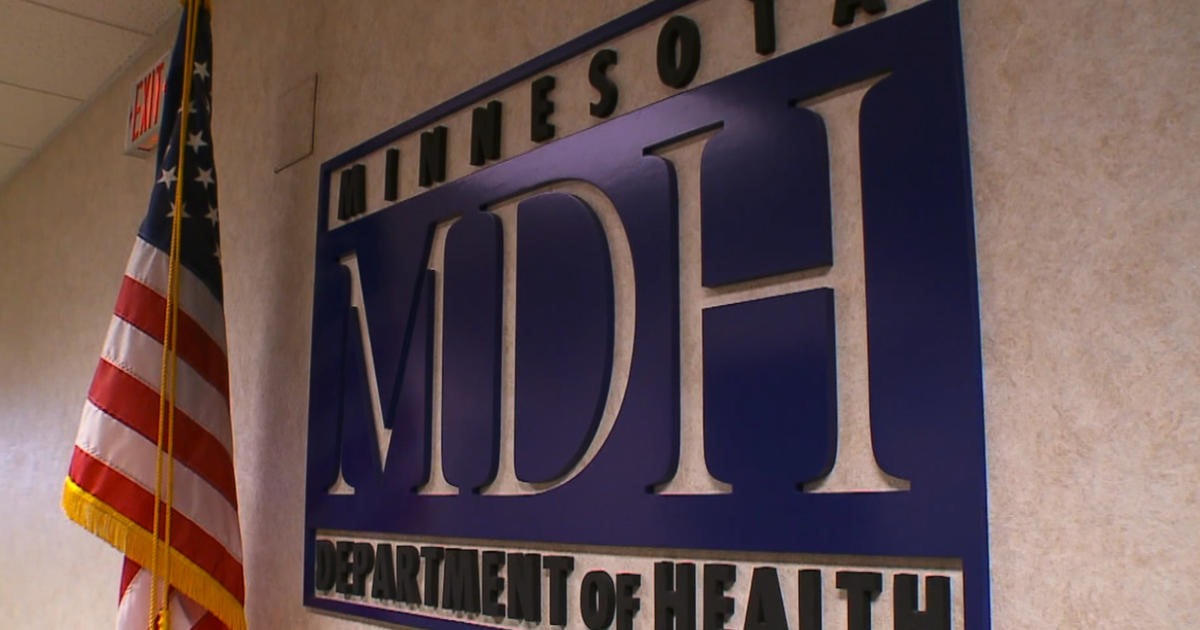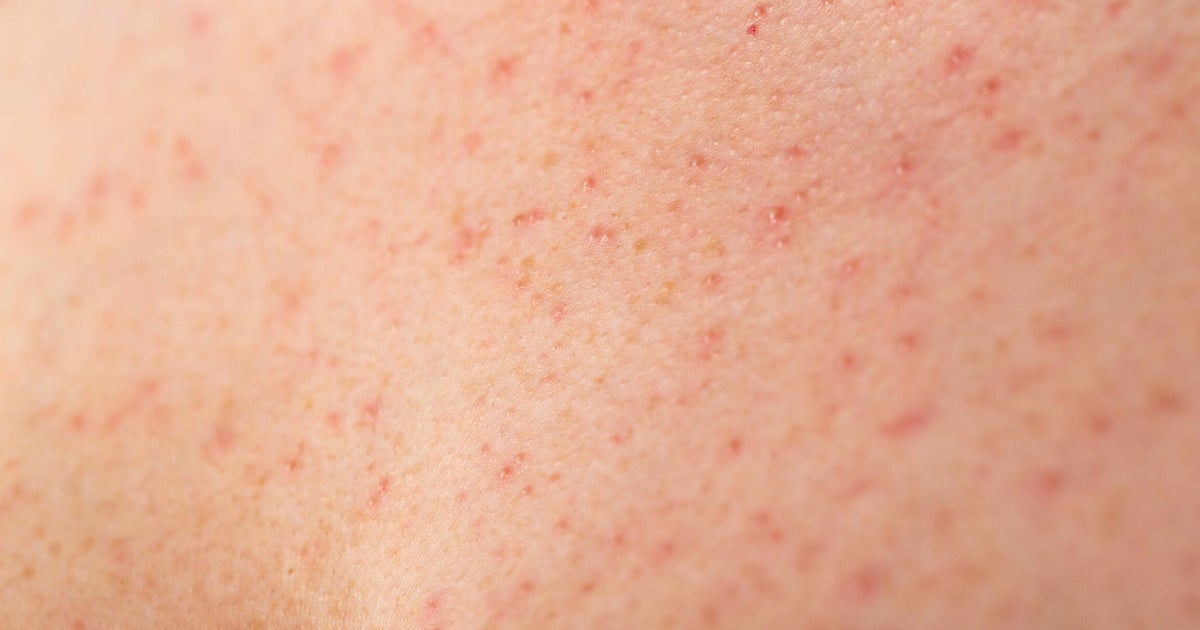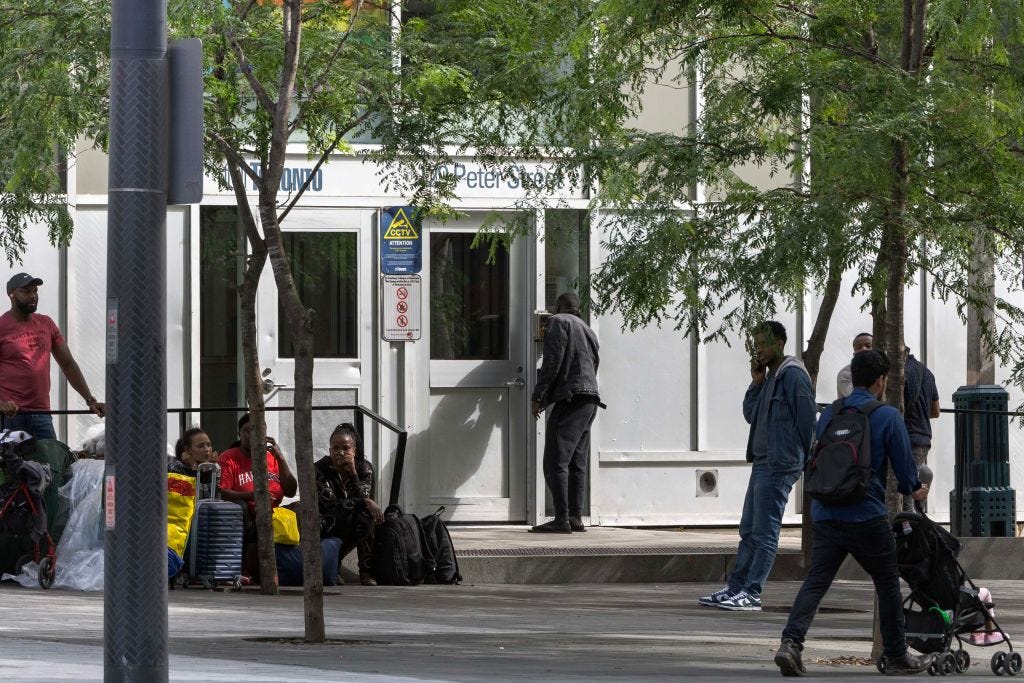Measles nears record in U.S. as cases continue to soar
Health officials have confirmed 71 additional cases of measles in the U.S. bringing the total number of cases in 2019 to 626. This is the second-greatest number of cases in a single year since the disease was eliminated in the United States in 2000.
The current record is the 667 cases reported during all of 2014. The Centers for Disease Control and Prevention predicts that in the coming weeks, the numbers will surpass 2014 levels.
Outbreaks in New York state are driving up measles case counts. Earlier this month, New York City declared a state of emergency and ordered mandatory vaccinations in one Brooklyn neighborhood for people who may have been exposed to the virus. Just north of the city in Rockland County, cases have climbed to nearly 200 since an outbreak began in October.
There are also ongoing measles outbreaks in Washington, New Jersey, and California.
According to the CDC, all of these outbreaks are linked to travelers who brought measles back from other countries such as Israel, Ukraine, and the Philippines, where large measles outbreaks are occurring. Pockets of unvaccinated communities within the U.S. then enable the disease to spread.
While vaccines are required for school children across the country, almost all states allow exemptions for families who say it's against their religious beliefs, and 17 states allow a parent to opt out for philosophical or personal reasons.
One dose of the MMR vaccine is about 93% effective in preventing measles, while two doses are 97% effective. The CDC recommends children get two doses of MMR vaccine, starting with the first dose at 12 through 15 months of age, and the second dose at 4 through 6 years of age.
While easily preventable with a vaccine, measles is highly contagious and can be dangerous, especially for small children.
According to the CDC, as many as one out of every 20 children with measles gets pneumonia, the most common cause of death from measles in young kids.
About one out of every 1,000 children with measles will develop swelling of the brain, which can lead to convulsions and leave the child deaf or with an intellectual disability. For every 1,000 children who get the disease, the CDC estimated one or two will die from it.



